The global duty-free industry is undergoing a seismic shift in its product category structure, with changes that appear to be permanent rather than cyclical. What began as temporary pandemic-induced adjustments in traveler purchasing patterns has evolved into a fundamental reorganization of airport retail priorities. This transformation is reshaping everything from airport concession contracts to luxury brand strategies, creating both challenges and opportunities across the value chain.
The collapse of traditional duty-free pillars has been perhaps the most striking development. Perfumes and cosmetics, long the backbone of airport retail, have seen their dominance erode significantly. Similarly, tobacco products continue their downward trajectory amid growing health consciousness and regulatory pressures. These category declines aren't merely temporary dips but represent what industry analysts are calling "the great reset" of travel retail economics.
What's emerging in place of these traditional mainstays is a more diversified, experience-driven retail environment. Luxury goods have surged to the forefront, with watches and jewelry now commanding disproportionate floor space in major hubs. The psychology behind this shift reveals much about changing traveler priorities - where once passengers sought small indulgences, they now pursue meaningful investments and lasting value.
Technology categories have staged a remarkable ascent in the duty-free hierarchy. From noise-canceling headphones to portable electronics, these practical purchases reflect the new realities of hybrid work and digital nomad lifestyles. Airport retailers report that tech products now achieve higher sales per square foot than many traditional duty-free staples, prompting widespread store redesigns.
The food and confectionery sector tells its own story of transformation. While chocolate and liquor remain present, there's been a pronounced pivot toward premiumization and localism. Travelers increasingly seek authentic regional specialties rather than standardized global brands, forcing operators to rethink their procurement strategies. This trend aligns with broader consumer movements toward conscious consumption and support for local producers.
Perhaps most surprisingly, wellness products have carved out substantial territory in the new duty-free landscape. From immunity boosters to travel-friendly fitness gear, these categories barely registered in pre-pandemic sales reports but now represent a growth engine for forward-thinking operators. The convergence of health awareness and travel recovery has created this unexpected retail niche.
The implications of these structural changes extend far beyond product mix adjustments. Airport authorities find themselves renegotiating concession agreements to reflect new retail realities, while brands scramble to adapt their travel retail strategies. The very economics of airport retail are being rewritten, with implications for passenger experience, non-aeronautical revenue, and the competitive positioning of global travel hubs.
As the dust settles on this category revolution, one truth becomes clear: the duty-free industry will never return to its pre-2020 norms. The changes we're witnessing represent not a temporary disruption but the emergence of a new paradigm in travel retail - one that better reflects evolving consumer values, travel patterns, and global economic realities. For airports and retailers alike, adapting to this new normal isn't optional; it's existential.
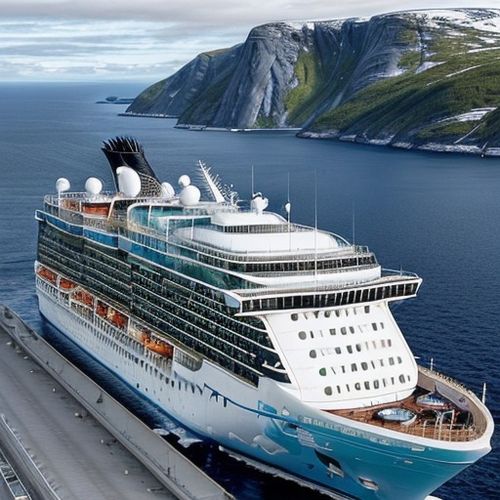
By Rebecca Stewart/Apr 7, 2025
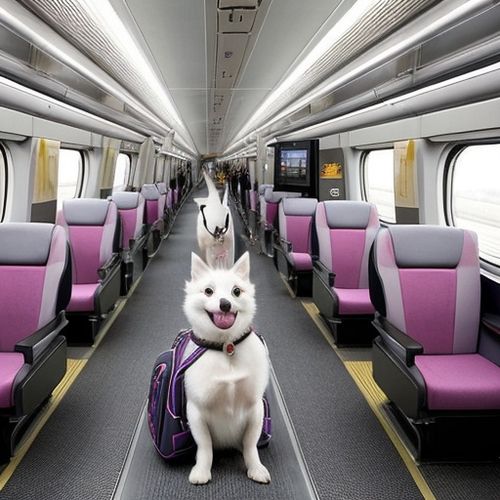
By Sophia Lewis/Apr 7, 2025

By Emily Johnson/Apr 7, 2025

By Laura Wilson/Apr 7, 2025
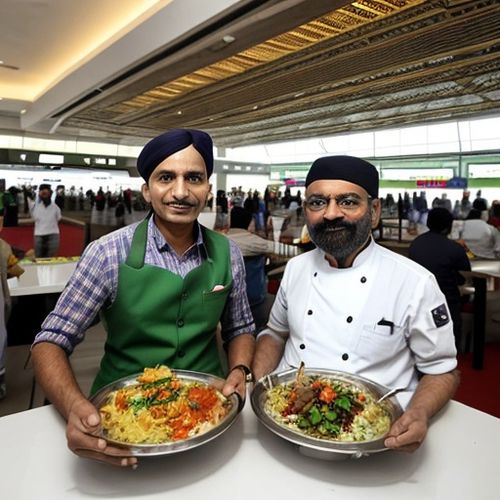
By David Anderson/Apr 7, 2025

By Benjamin Evans/Apr 7, 2025

By William Miller/Apr 7, 2025

By Emma Thompson/Apr 7, 2025

By Benjamin Evans/Apr 7, 2025

By Noah Bell/Apr 7, 2025
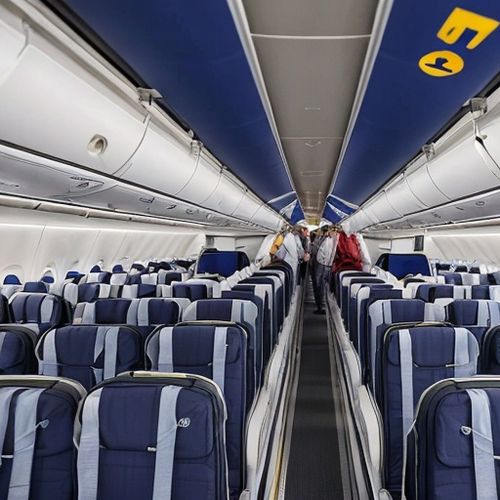
By Elizabeth Taylor/Apr 7, 2025

By George Bailey/Apr 7, 2025
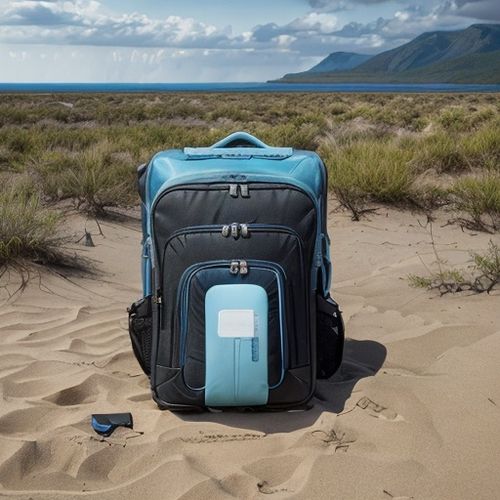
By Olivia Reed/Apr 7, 2025
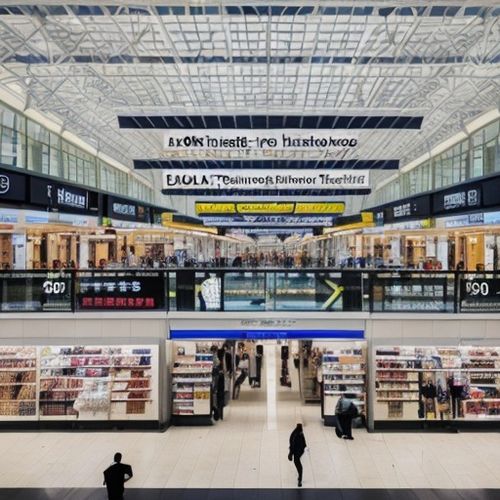
By Ryan Martin/Apr 7, 2025
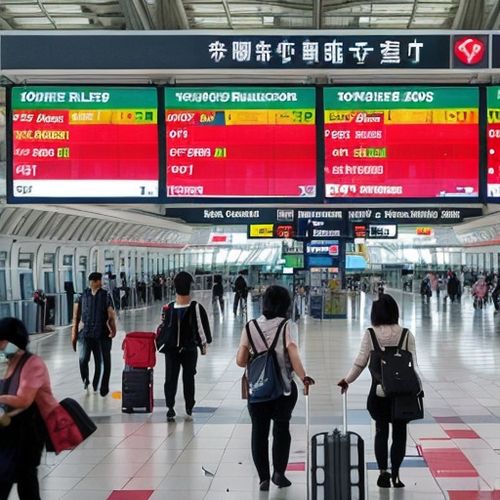
By George Bailey/Apr 7, 2025
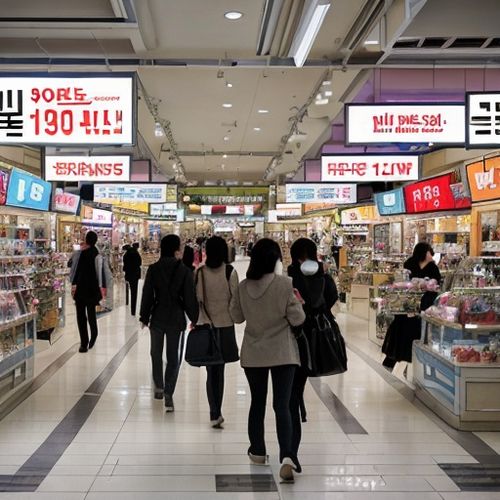
By Laura Wilson/Apr 7, 2025

By Laura Wilson/Apr 7, 2025